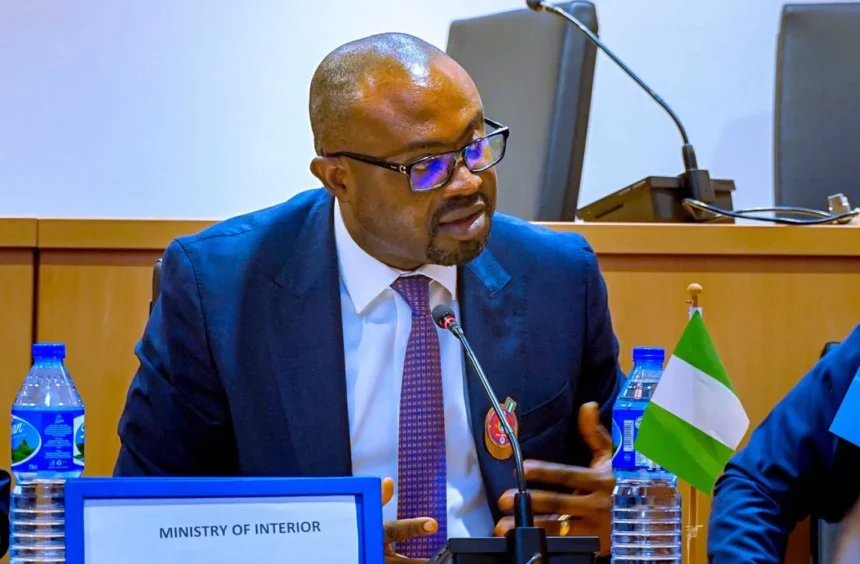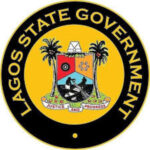The Minister of Interior, Olubunmi Tunji-Ojo, on Tuesday said Nigeria has invested heavily in surveillance and intelligence-gathering equipment at the nation’s border points.
The Minister disclosed this at a regional workshop on maritime border security titled “Regional Maritime Border Security in the Context of Counter-Terrorism in the Gulf of Guinea,” held in Lagos.
According to the Minister, for the first time, Nigeria now has an Advance Passenger Information (API) system used to profile passengers entering the country.
He explained that the API is used to query passengers’ records, antecedents, and travel history.
Olubunmi Tunji-Ojo said,
“Now, we can tell you that Nigeria has an API solution. We never had that before. Previously, we were one of the few countries without an API system, which deprived our immigration officers of the opportunity to pre-profile individuals entering Nigeria, and prevented them from querying their background, records, antecedents, and travel history.
ALSO READ: FCT EXCO approves major contracts to boost infrastructure development
“We never had that capacity before President Bola Tinubu came on board. But today, I can confidently say that the Nigeria Immigration Service (NIS) now has it.
“So, if you’re coming into Nigeria today, we already know everything about you. We’ve queried your background and know where you’re coming from. We are now fulfilling our international obligations by upholding the tenets of the UN resolution through the API solution we currently have.”
Earlier, the Comptroller General of Immigration, Kemi Nandap, stated that the Service plays a pivotal role in maritime border security by ensuring that foreign terrorist fighters and other criminal elements do not exploit the nation’s territorial integrity.
According to her, maritime insecurity—ranging from illegal oil bunkering and fishing to piracy, armed robbery, and oil-related crimes—poses serious threats to the safety of vessels and their crews.
She argued that maritime threats undermine regional stability and hinder economic growth and integration.
“This workshop further emphasizes our collective resolve to tackle piracy, terrorism, illicit arms flows, migrant smuggling, human trafficking, and stowaways, among other transnational organized crimes.
“We aim to achieve this through sound policies, capacity building, community engagement, collaboration, and regional partnerships.
“Along West Africa’s Atlantic coast, the Gulf of Guinea is known for piracy, especially near Nigeria. It spans several countries, including Cameroon, Equatorial Guinea, Gabon, São Tomé and Príncipe, Ivory Coast, Togo, Benin, and Ghana.
“Due to its offshore oil and gas reserves, the region plays a crucial role in the global energy sector. Beyond oil and gas, harnessing the economic potential of the GoG aligns with Agenda 2063: The Africa We Want, and the 2050 African Integrated Maritime Strategy, as well as the policy framework and reform strategy for fisheries and aquaculture in Africa.
“However, maritime insecurity from illegal oil bunkering, fishing, piracy, armed robbery, and oil-related crimes threatens vessel and crew safety. These threats undermine regional stability and hinder economic growth and integration. That is why we are gathered here today—to find actionable solutions,” Nandap stated.






